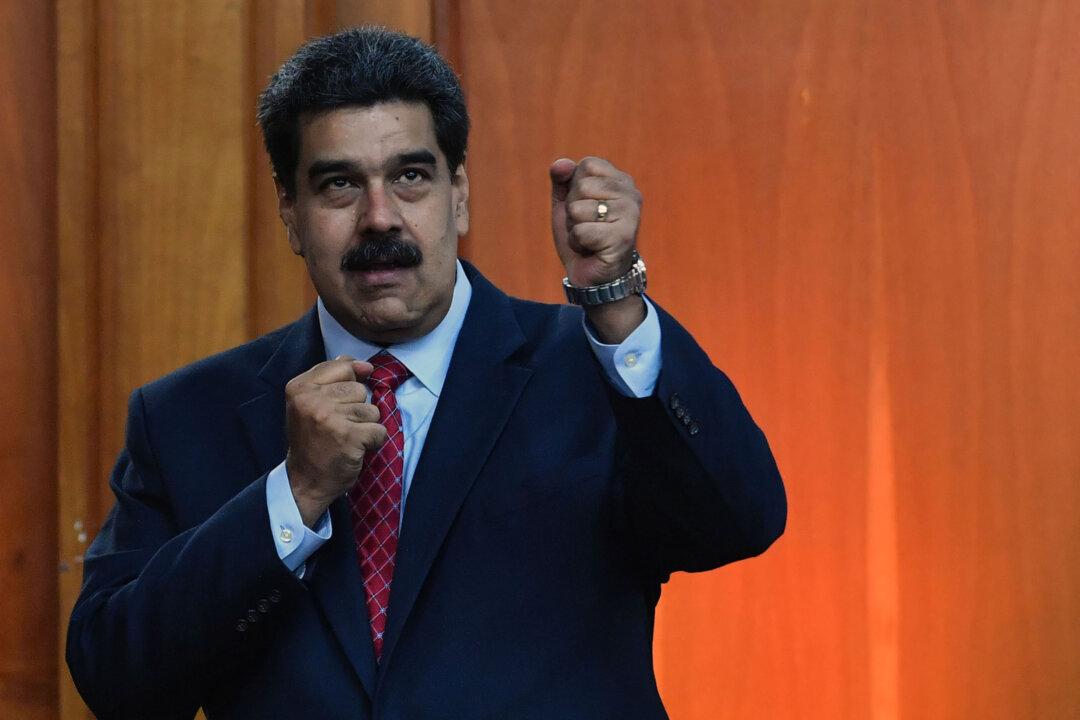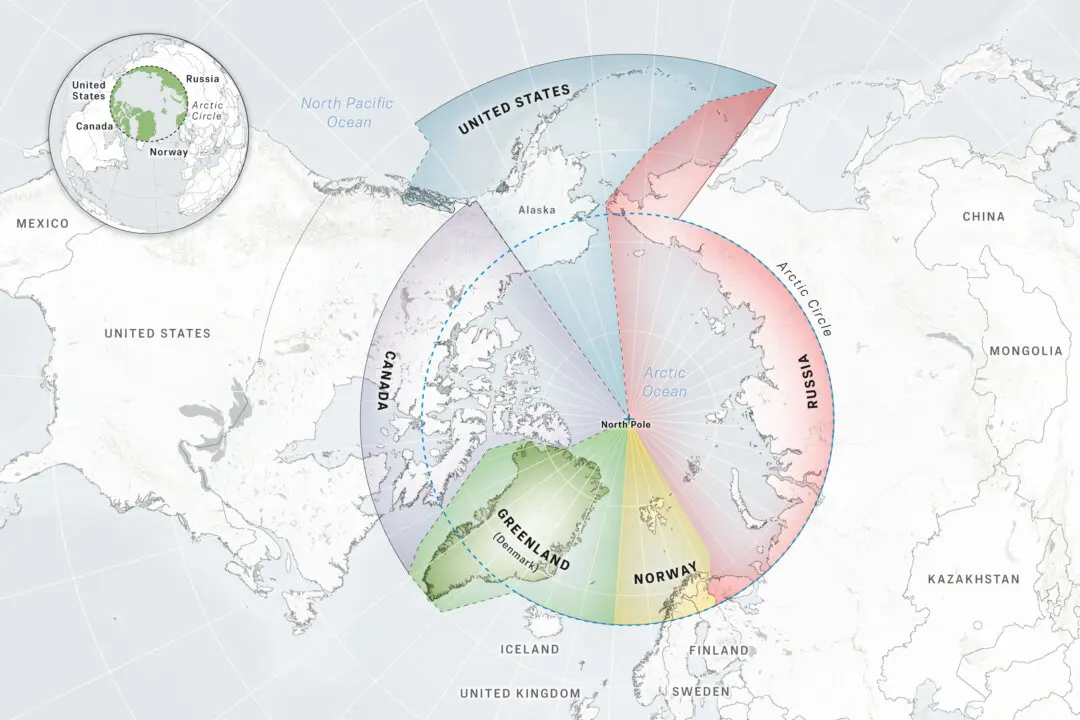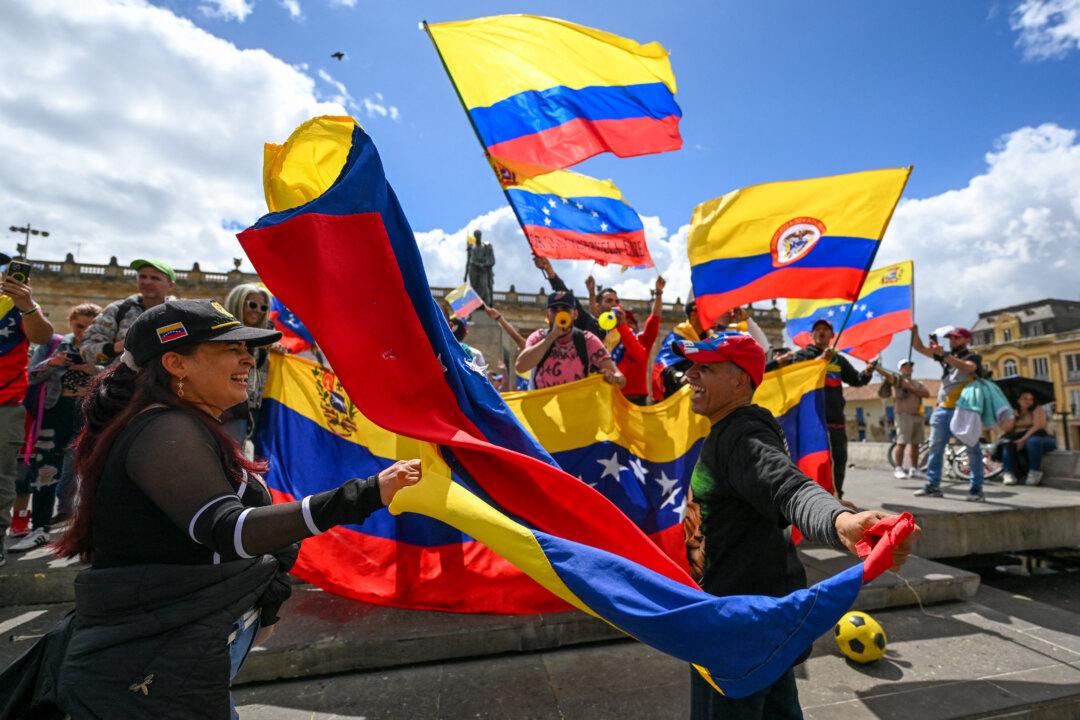The White House is reversing some sanctions against Cuba and its communist regime.
Under the revised policy, the Biden administration will expand flights to the island nation and loosen travel restrictions for U.S. citizens. Greater access to U.S. internet services, applications, and e-commerce platforms are also part of the shift in policy.





